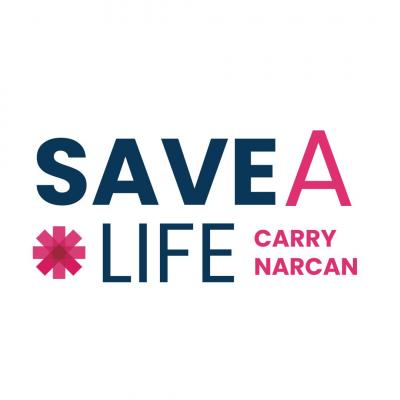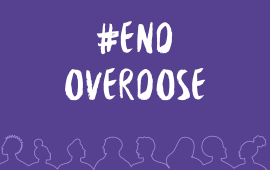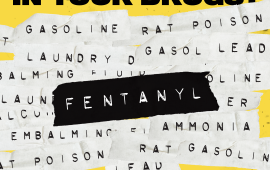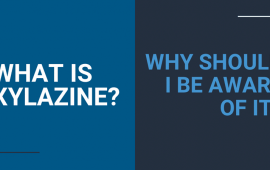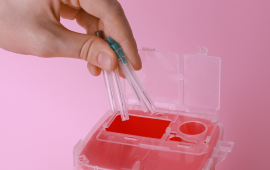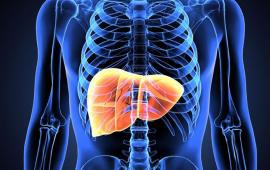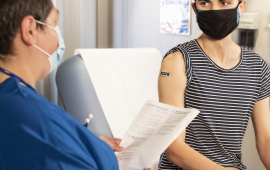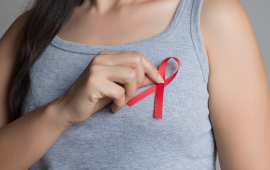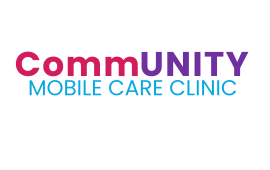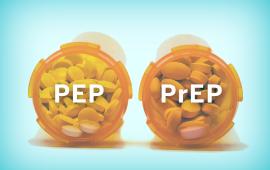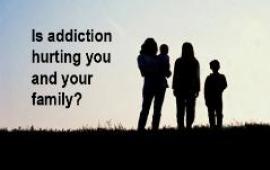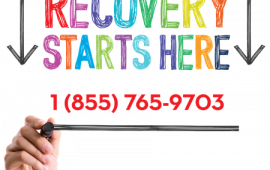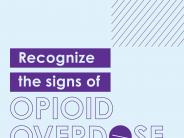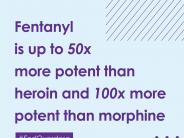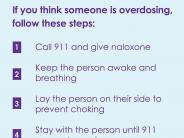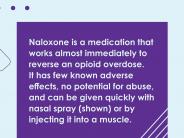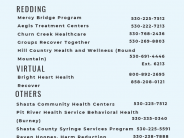The Facts About Narcan
What is Narcan?
Narcan, also known as naloxone, is a medication used to reverse opioid overdoses. Unfortunately, a great deal of stigma surrounds Narcan and those who use it. This stigma can prevent individuals from seeking help during an overdose and can even lead to deaths that could have been prevented. It's important to remember that addiction is a disease, and individuals who struggle with it deserve compassion and support. Narcan is a life-saving medication that can give individuals a second chance at recovery. It's crucial to reduce the stigma around Narcan and focus on providing education and resources to those who need it. By destigmatizing Narcan and treating addiction as a medical issue, we can save lives and support individuals on their journey to recovery.
Who should carry Narcan?
Family and friends: If you or someone you know is at increased risk for opioid overdose, especially those with opioid use disorder (OUD), you should carry Narcan and keep it at home.
People who are taking high-dose opioid medications (greater or equal to 50 morphine milligram equivalents per day) prescribed by a doctor, people who use opioids and benzodiazepines together, and people who use drugs, should all carry Narcan. Because you cannot use Narcan on yourself, let others know you have it in case you experience an opioid overdose.
Why carry Narcan?
Carrying Narcan provides an extra layer of protection for those at a higher risk for overdose. Although most professional first responders and emergency departments carry naloxone, they may not arrive in time to reverse an opioid overdose. Anyone can carry Narcan, give it to someone having an overdose, and potentially save a life. Bystanders such as friends, family, non-health care providers, and persons who use drugs can reverse an opioid overdose with Narcan.
Where can I find Narcan in Shasta County?
-
Pharmacies: Narcan (naloxone) is available to people with insurance without a prescription at participating pharmacies. Many private insurances also cover the cost of narcan; for more information call your insurance provider.
-
Resources in California — NEXT Distro (Get Narcan mailed to you)
How to use Narcan?
-
CDPH Training Video: How To Use Narcan.
Laws and regulations
California laws protect persons who give Narcan and make Narcan more readily available.
Good Samaritan Law
A person cannot be liable for any civil damages that result from his or her providing of emergency care, if:
- The person acted in good faith, and not for compensation;
- The person provided either emergency medical care or nonmedical care; and
- The care was provided at the scene of an emergency.

